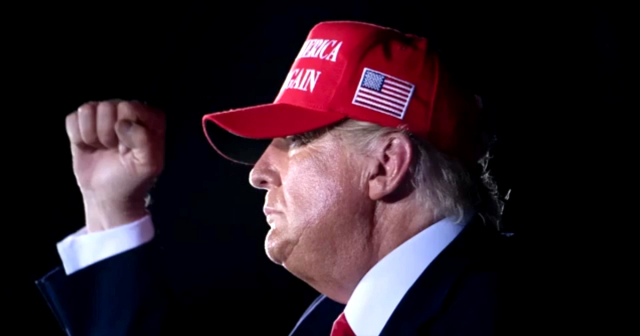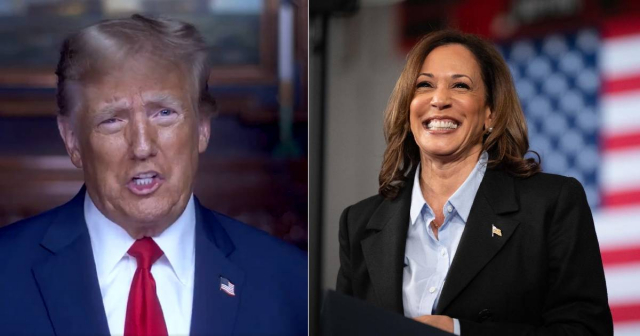
Donald Trump has made a historic return to the White House after winning the 2024 election, a contest that has captured global attention and polarized voters in the United States. This victory marks the Republican's second presidency, as he defeated current Vice President Kamala Harris in one of the most contested elections in recent years. With high voter turnout, the election confronted Americans with critical issues such as the economy, reproductive rights, and electoral security.
Trump solidifies his victory with support in key states.
In the early hours, Trump was projected as the winner in several key states, solidifying his victory with a total of 277 electoral votes and 51% of the popular vote (70,911,212 votes), surpassing Harris's 224 electoral votes and 47.5% of the popular vote (65,999,102 votes). His success in crucial states like Georgia and Pennsylvania, which are traditionally battlegrounds, was decisive. The victory in Miami-Dade, Florida, a county with a majority Latino population, was particularly significant, marking the first time since 1988 that a Republican has won in that area.
Additionally, North Carolina and Wisconsin also helped secure his path to the White House, solidifying his support base in traditionally contested regions.
An electoral day marked by incidents and threats.
The electoral process was not without incidents. Throughout the day, the FBI had to intervene due to bomb threats at polling places in states like Pennsylvania and Michigan. Authorities attributed these intimidation attempts to foreign sources, raising concerns about the integrity of the elections. In states like Nevada and Arizona, long lines and technical issues delayed voting at some locations, which were addressed by extending voting hours.
Results in Florida reflect a conservative stance.
Trump's victory in Florida also coincided with a referendum on social issues, in which voters rejected the expansion of abortion rights and did not meet the threshold to legalize recreational marijuana. These results reflect the conservative stance of a segment of the electorate, aligned with Trump's agenda.
Reactions in Cuba and expectations for the second term
In Latin America, the news of Trump's return has sparked multiple reactions. In Cuba, where Trump's previous term included severe restrictions on tourism and remittances, many Cubans express fear of a potential hardening of Washington's foreign policy. A resident of Havana told the local press, "If Trump wins, we will end up eating the shoes we have left," reflecting the impact of U.S. decisions on the island.
Donald Trump's return to the White House raises high expectations and challenges, both domestically and internationally. With a renewed "America First" agenda and a solidified voter base, Trump is preparing to lead a divided country and tackle crucial issues that will shape the course of his second term.
The 2024 presidential elections in the United States have been among the most fiercely contested and polarized in recent history, with Donald Trump and Kamala Harris vying for every electoral vote until the very last minute. In an environment of high voter turnout, the results in states like Georgia and Pennsylvania were crucial for Trump, who secured his victory in Miami-Dade County, Florida, reflecting his increasing support among Latino voters. Trump's success in traditionally Democratic states came as a surprise, solidifying his return to the White House and closing a chapter he himself had referred to as his "last chance" to reclaim the presidency after his defeat in 2020.
The 2024 campaign was marked by a climate of tension and both verbal and physical attacks, including an assassination attempt on Trump during a rally in Pennsylvania. During the Republican National Convention, Ron DeSantis urged voters to support Trump, emphasizing that the United States needed a more active leader than President Biden, whom he described as lacking the energy to manage the country's complexities.
What do you think?
VIEW COMMENTS (3)Filed under:






